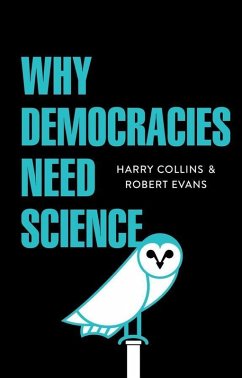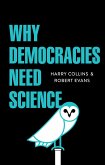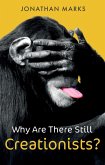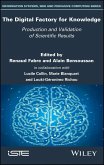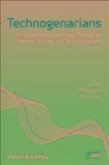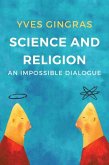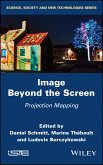Dieser Download kann aus rechtlichen Gründen nur mit Rechnungsadresse in A, B, BG, CY, CZ, D, DK, EW, E, FIN, F, GR, HR, H, IRL, I, LT, L, LR, M, NL, PL, P, R, S, SLO, SK ausgeliefert werden.
Barry Barish, Linde Professor of Physics, Emeritus Caltech; PI and Director of LIGO 1994 - 2005
"Free-market ideology threatens both science and democracy. Collins and Evans respond not with philosophical arguments but an appeal to common sense. They ask us first to see that we face a basic moral choice, and then to choose the values of modern science. A provocative and thoughtful book."
Mark Brown, Professor of Government, California State University

